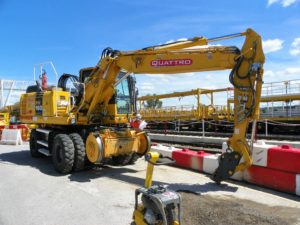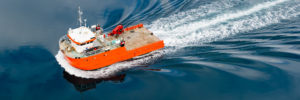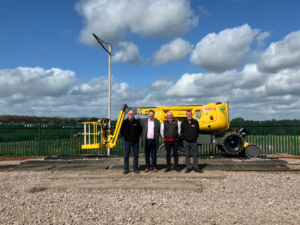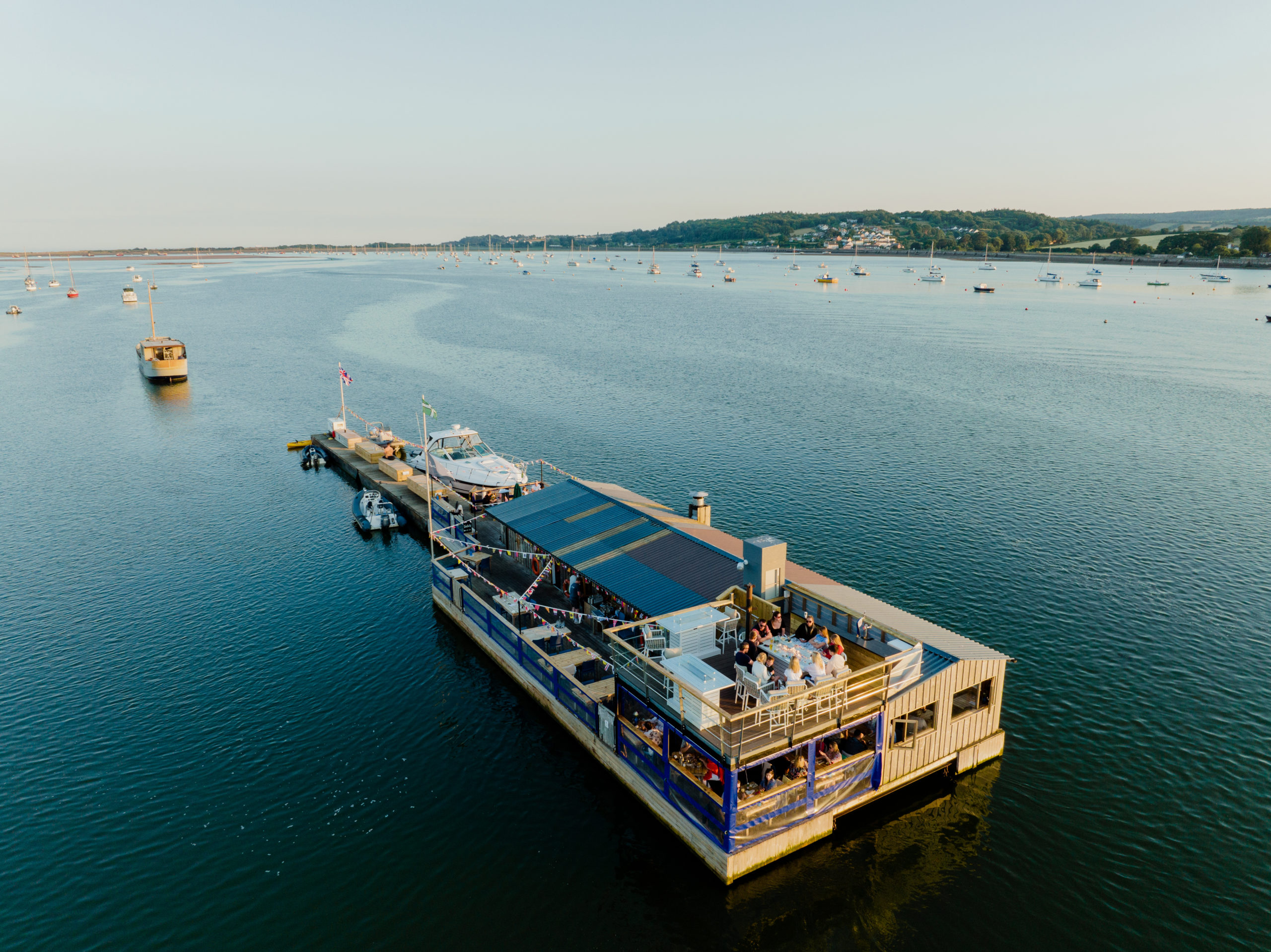Photographer – Ben Harill
The River Exe Café is a floating barge just off the water-ski lane on the River Exe which is accessible by boat. River Exe Group is an SME based in Devon in the maritime leisure sector who is looking to reduce their carbon footprint and reliance on fossil fuels. There is an opportunity for River Exe to decarbonise their assets by electrification, but analysis is required to determine which enhancements make it commercially viable.
- How did the MBTC support the business?
The Centre for Future Clean Mobility (CFCM) was able to provide business support to River Exe Group through an ERDF funded project with the Marine Business Technology Centre (MBTC). Jack Shanahan, Business Research Associate at CFCM worked with Paul Craven from River Exe to investigate decarbonisation options for the company.
- Benefits
In order to investigate the system used by the River Exe, CFCM designed a tool to model a completely customisable system on board the River Exe Café. The analysis tool which indicated River Exe could make Carbon savings of 7.94 kg/day by the implementation of a solar panel and battery system as opposed to solely using a diesel generator, the proposed system would work alongside a smaller 15kW generator and an 80kWh battery and could reduce River Exe carbon footprint 1214 kg per season.
Transitioning the current system to a battery would have many benefits to the company in addition to reducing its contribution to global warming. One of the key advantages for the company is cost reduction, electrification would have cheaper run costs than diesel and this gap will only increase as diesel prices increase over the next few years.
Another key advantage is reduction in noise, the electrified system would provide a more pleasant experience for the customers. The current system is noticeably loud which can be distracting for customers. An immediate benefit of implementing this hybrid system is reduction in generators active hours. Reducing the strain on the generator will mean it lasts for longer and is less disturbing throughout a 24hr period.
There are also environmental factors, when using diesel, it can be harder to clean up spillage and therefore reducing this is beneficial.
At the proposed custom set up for River Exe Café it would save 1.2 tonnes of carbon per season which is scalable dependent on the level of investment. The higher the levels of Photovoltaic (PV) materials present will equal a lower carbon footprint. The current limitation on the PV is the structural rigidity of the café roof.
The novel tool created provides companies with the power to customise their system to their needs and obtain a cost estimate for each customised set up including an annual running cost and a capital cost as well as the diesel cost avoided.
Paul Craven, Managing Director at River Exe said,
“Through working with the Centre for Future Clean Mobility I have been able to make investment decisions that will not only save me money on fuel, but also reduce my carbon footprint. The River Exe Group is committed to becoming zero emission business and this is a significant move forward for me and the team. The Centre for Future Clean Mobility are a research group based out at Exeter Science Park and through partnership with the Marine Business Technology Centre we have had access to a world class knowledge base right here in Devon”.




